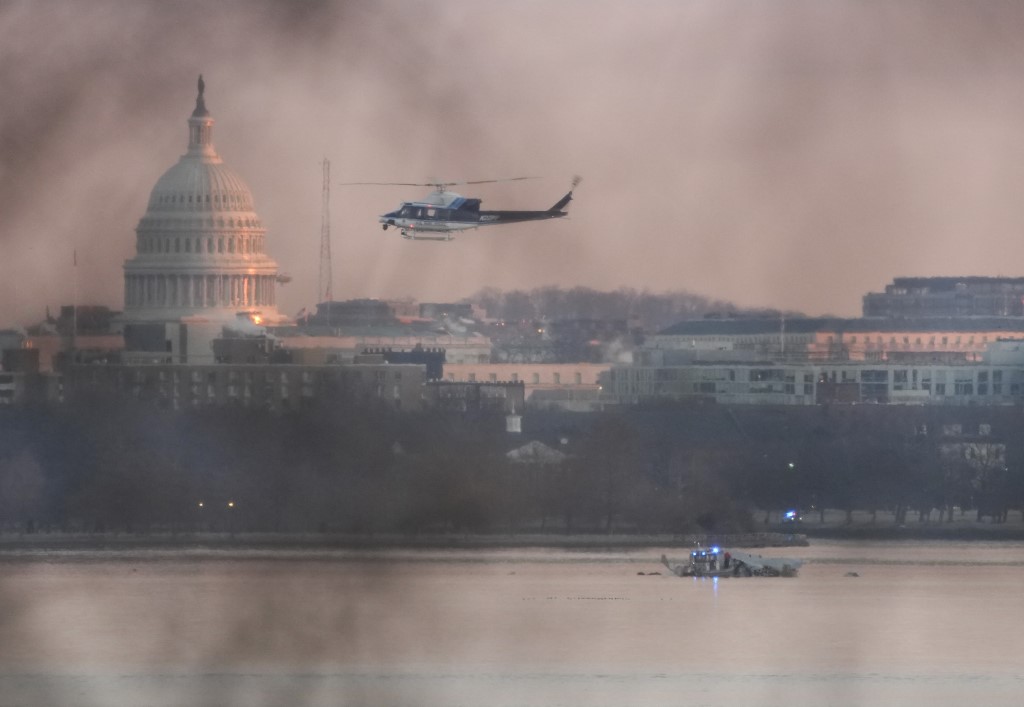Rapping the Centre, the Supreme Court sought an explanation from the secretary of the Ministry of Road Transport for not complying with the previous order.
The Supreme Court on Wednesday rapped the Centre for delay in implementing a cashless medical treatment scheme for victims of motor accidents. The top court summoned the Secretary of the Ministry of Road Transport to explain the situation. A bench comprising Justices Abhay S Oka and Ujjal Bhuyan expressed their dissatisfaction, noting that the Centre had failed to comply with the Court’s order from January 8.
“The time granted has expired on March 15, 2025. This is a serious breach and violation of not only orders of this court but a violation of implementing a very beneficial legislation. We direct the secretary, ministry of road transport and highways to appear on video-conferencing and explain why the directions of this court were not complied with,” the bench said.
ACG said there were “bottle necks”
The apex Court emphasised on the urgency of the matter and said when top government officers are summoned here they take the orders of the court seriously. Additional Solicitor General Vikramjeet Banerjee, representing the Centre, cited “bottle necks” as the reason for the delay. However, the bench responded, “This is your own legislation, and people are losing lives due to the lack of cashless treatment. This is for the benefit of the common people. We are putting you on notice, and we will take action under contempt.” The court further told Banerjee, “Ask your secretary to come and explain.”
The court directed the official to appear on April 28 to provide an explanation. Additionally, the bench instructed the Secretary of the Transport Department to issue written instructions to all district magistrates to upload the claims of unidentified hit-and-run cases to the General Insurance Council (GIC) portal. The court had previously directed the Centre, on January 8, to implement the cashless medical treatment scheme for motor accident victims during the critical “golden hour” period, as required by law.
Supreme Court gave deadline till March 14
The bench referred to Section 162(2) of the Motor Vehicles Act, 1988, and ordered the government to provide the scheme by March 14. The golden hour, defined under Section 2 (12-A) of the Act, refers to a one-hour window following a traumatic injury under which a timely medical intervention will most likely prevent death.
The court emphasised the critical need for immediate medical care during the golden hour, highlighting that delays caused by financial or procedural obstacles often result in loss of life. It further stressed the Centre’s statutory duty under Section 162 to establish a scheme for cashless treatment, noting that this provision is meant to protect the right to life guaranteed by Article 21 of the Constitution.
The law mandates that insurance companies involved in general insurance in India cover the treatment of road accident victims, including during the golden hour, as per the scheme under the Motor Vehicles (MV) Act. Despite this provision coming into effect on April 1, 2022, the government has yet to implement the scheme, which led to the court’s intervention.
The Centre had submitted a draft concept note outlining a proposed scheme, which included a maximum treatment cost of Rs 1.5 lakh and coverage for only seven days. However, these limitations were criticised by counsel representing the petitioner, who argued they fell short of addressing the need for comprehensive care.
The GIC was tasked with administering hit-and-run compensation claims and developing a portal to streamline the process, it said. The portal would enable the upload of required documents, inform states of deficiencies, and reduce delays in processing claims. The order had said 921 claims under the hit-and-run compensation scheme remained pending as of July 31, 2024, due to document deficiencies, and asked the GIC to coordinate with claimants and address the issue.
The GIC was further instructed to expedite the development of the portal and report compliance by March 14, 2025.
(PTI inputs)









